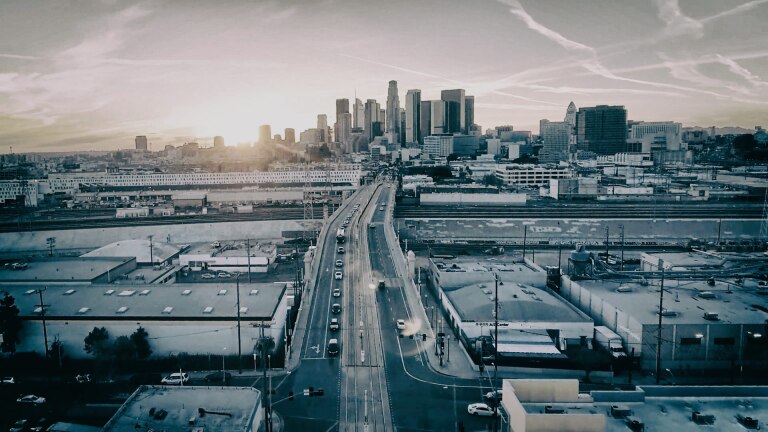The Informal Economy: Breaking the Prison-to-Poverty Pipeline in Oakland
U.S. history shows the criminal justice system and unemployment go hand in hand when it comes to the disenfranchisement of black people. While black and brown men face disproportionate incarceration rates, they also face discrimination and high unemployment rates when they return home to neighborhoods that lack jobs and avenues for upward mobility. In Oakland, where residents are still recovering from the crack epidemic and disinvestment that hit the city in the 1980s, formerly incarcerated residents struggle to establish sustainable careers to sustain their families. "We're talking about people who fought fires for our state and helped homeowners save their homes but get out but can't get a job as a firefighter," says Saabir Lockett, a community organizer at East Bay Alliance for Sustainable Employment, who served 22 years in prison. One way that communities are overcoming the correlation between incarceration and employment is by organizing and creating opportunities for sustainable employment.











